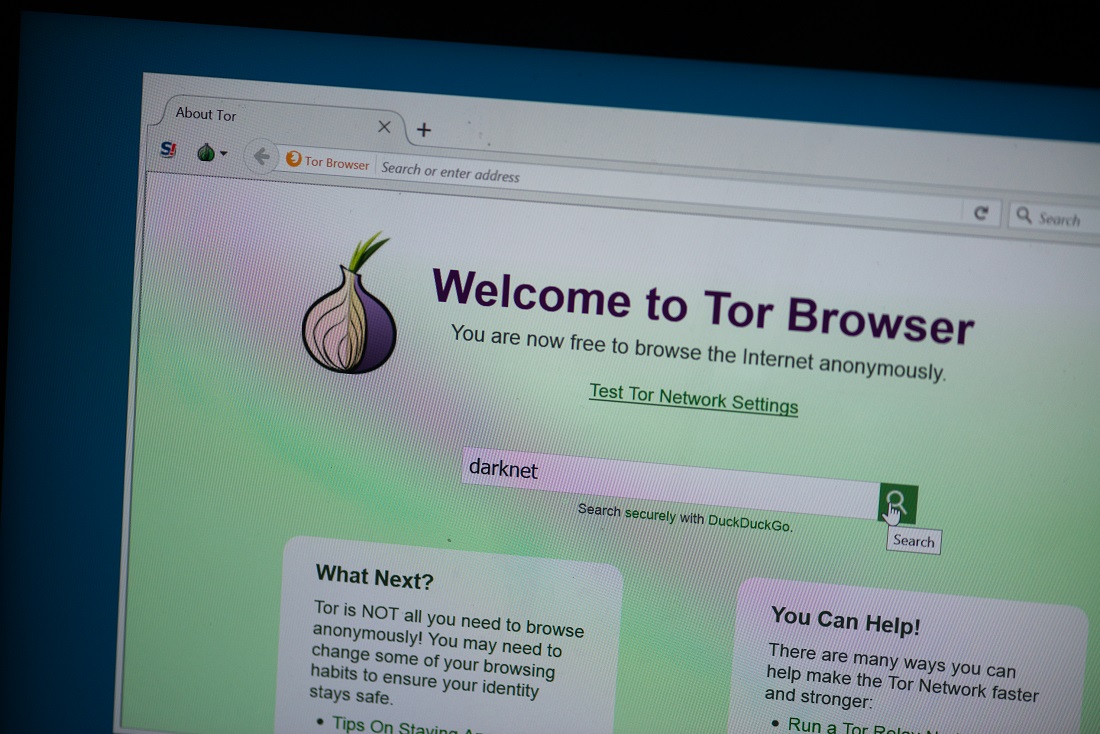In recent years, the allure of the darknet has caught the interest of academics, law enforcement, and inquisitive minds alike. Sometimes wrapped in enigmas, the darknet offers a unique glimpse into a hidden economy that exists beneath the layer of the internet. This obscure realm hosts a range of marketplaces that deal in various items including virtual products and services to illicit items, luring participants with the offer of privacy.
Diving into dark web platforms reveals a complicated ecosystem where exchanges are performed using digital currencies and community evaluations drive credibility. While some individuals may dare into these depths for harmless pursuits, such as viewing limited information, others may look for more nefarious activities. Understanding the nuances of these platforms is essential to comprehending the larger consequences of the secret market that flourishes beyond the grasp of conventional supervision and regulation.
Grasping the Dark Web
The hidden web refers to a section of the web that is not indexed by conventional search engines and requires particular software to reach. In contrast to the surface web, which is accessible to anyone with an internet connection, the dark web operates on an secure system, making it hard to track users and their activities. This level of secrecy draws in a range of individuals, including those seeking privacy and security, as well as those involved in illicit actions.
Accessing the hidden web typically requires using specialized tools such as Tor, which allows users to link to different sites without disclosing their identities. These sites often use unusual domain endings, creating a unique setting that varies significantly from regular online activities. While many users visit the dark web for valid reasons, such as overcoming censorship or safeguarding sensitive data, it has also become a nexus for illicit trade, including the sale of narcotics, weapons, and illicitly acquired information.
The dark web consists of numerous markets where products and services can be purchased and traded under the veil of anonymity. These platforms operate in a manner to conventional e-commerce sites, with user reviews, product catalogs, and payment systems often relying on digital currencies. However, the dangers and uncertainties associated with these transactions are considerable, as users may encounter frauds, law enforcement operations, and serious criminal activity, showing the darker side of this hidden marketplace. darkmarket url
Key Dark Web Marketplaces on the Dark Web
Throughout the growth of the underground web, several marketplaces have surfaced as key players in the shadow economy. One of the most well-known was Silk Road, which operated from 2011 until its closure by law enforcement in 2013. It became renowned for facilitating the sale of illegal drugs and other forbidden goods, functioning on a model that relied heavily on Bitcoin for transactions. Silk Road's ascendancy and fall set a standard for future platforms, demonstrating both the potential for profit in the dark web and the risks of operating in a lawless space.
Following Silk Road's shutdown, new marketplaces rapidly took its place, including AlphaBay and Hansa. AlphaBay, which launched in 2014, grew to become one of the largest underground marketplaces until it was taken down in 2017. It offered a wide range of illegal products and services, from narcotics to hacking tools, and introduced advanced features such as user feedback systems and vendor verification. Hansa, on the other hand, was raided by law enforcement at the same time as AlphaBay, leading to a coordinated crackdown on two major hubs for dark web trade.
In the wake of these closures, new players like Dream Market and Empire Market emerged to fill the space. Dream Market operated from 2013 until 2019 and provided a platform for vendors to sell varied goods, often highlighting user safety and anonymity. Empire Market became prominent as a successor to previous sites, offering a large selection while also implementing advanced security measures to protect its users. As these marketplaces continue to evolve, they underscore the persistent demand for dark web goods and the cat-and-mouse game between law enforcement and illicit online commerce.
Perils and Legal Implications

Engaging with darkweb marketplaces carries significant risks that go far beyond the legal ramifications. Users often put themselves to online threats, including malware, hacking, and identity theft. The concealment of the dark web can create a misleading sense of security, making individuals vulnerable to scams and deception. Additionally, the concealment of transactions does not mean that users are immune to repercussions; law enforcement agencies are increasingly employing sophisticated techniques to track and apprehend those involved in illegal activities on the dark web.
From a legal perspective, visiting and engaging in dark web markets can lead to serious consequences. Many of the goods and services offered on these sites, such as drugs, weapons, and illicit information, are prohibited in most regions. Transacting on these platforms can result in prosecution, penalties, and incarceration. Even mere possession of compromised materials linked to dark web activities can draw the attention of law enforcement, leading to scrutiny that can disrupt careers and lives.
Moreover, the regulatory environment surrounding the dark web is shifting, with governments implementing tougher rules and punishments for digital crimes. As authorities become more adept at supervising dark web traffic and catching perpetrators, the dangers increase for anyone who attempts to navigate these murky waters. Understanding the legal implications is crucial for anyone thinking about involvement, as the hidden economy comes with heavy costs that can impact individual liberties and security.
